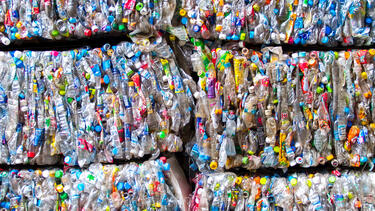Alumni
To Make Greener Buildings, Try Innovating around the Edges
The building industry is slow to change. But three Yale alumni are finding ways to make changes on the margins and in the process offer solutions that aren’t easy to ignore.

The Art and Science of Delivering Impact
To take on the problems associated with poverty in New York City, Emary Aronson ’97, chief knowledge officer of the Robin Hood Foundation, takes a data-driven and heart-led approach. She describes how the organization has focused on outcomes and been able to pivot quickly to lead emergency relief efforts.
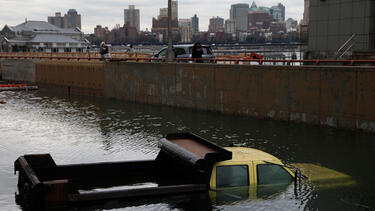
Creating a Culture of Sustainability in Homebuilding
Sustainably built homes cost more up front, but factor in resiliency, indoor air quality, and the costs to heat and cool, and the cost calculus looks quite different, says Aaron Smith ’16.
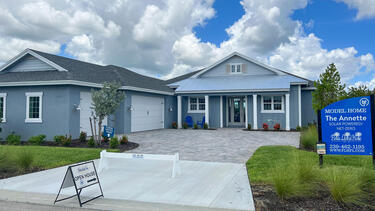
Expanding the Pathways from School to a Career
Washington state’s collective action approach to career-connected learning expands students’ horizons, connects employers to their future workforce, and builds community, says Maud Daudon ’83 of Career Connect Washington.
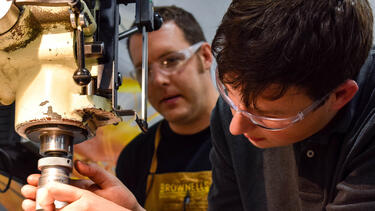
What Families Need to Escape Homelessness
For families coming out of homelessness, housing doesn’t end the impossible choices that come with navigating poverty. Jill Bauman ’87 describes Imagine LA’s holistic model to end family homelessness and poverty.
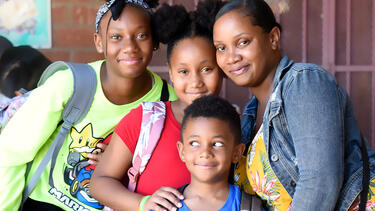
Putting AI on Every Team
Is artificial intelligence ready to become a standard business tool? McKinsey’s Bryce Hall ’12 says that combining human expertise and judgment with AI’s data-driven recommendations is a challenging but powerful way to deliver business results.
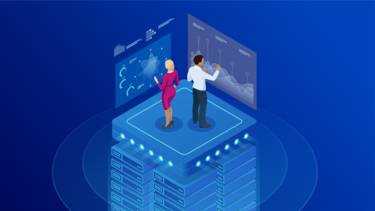
How the Tools of Impact Investing Can Undermine Resilience in the Global South
Impact investing advisor Clint Bartlett ’17 and Professor Todd Cort are working on innovative approaches in which businesses that create positive social outcomes get cheaper capital.
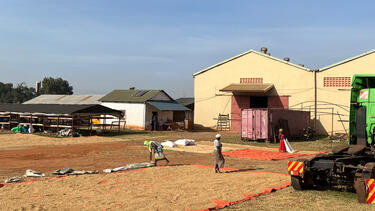
What Turkey Needs for Its Long Recovery
Even as emergency relief continues, says Rana Kotan ’04, secretary general of Third Sector Foundation of Turkey, it is crucial to expand the capacity of the grassroots organizations that will be rebuilding long after the headlines have faded.
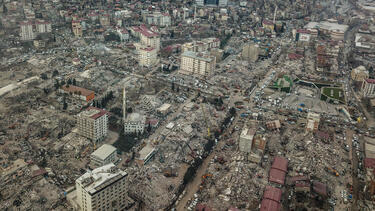
How Satellites Can Help Win the Climate Fight
Satellites can track methane leaks and other greenhouse gas emissions back to the source. We asked Karen Jones ’89, senior technology strategist in the Center for Space Policy and Strategy at The Aerospace Corporation, what it will take to act on the insights offered by space technology.
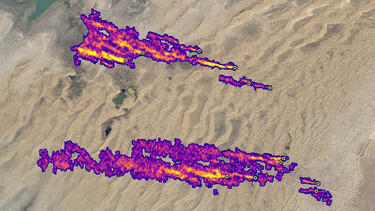
Our Most-Read Stories of 2022
This year, new research shed light on the economics of personal finance, the meaning of work, misperceptions of public opinion, the partisan divide in COVID deaths, and a dark side of the rise of the mutual fund. And faculty and alumni offered expertise on the streaming wars, better negotiation, the collapse of FTX, the failings of recycling, and the Taylor Swift ticket debacle.
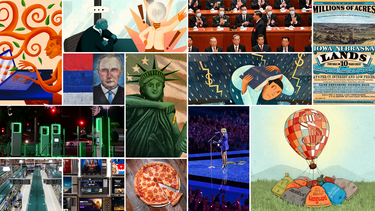
Your Packaging Is the Problem
Caroline James ’22 , director of sustainability at Atlantic Packaging, says the current plastics recycling system is broken. She explains how new efforts by businesses and governments could move us toward a more sustainable and circular economy.
